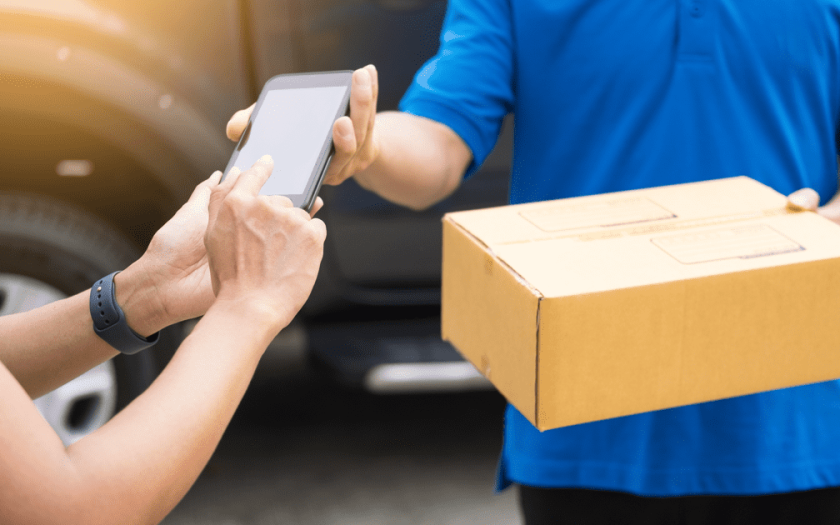In the fast-paced world of healthcare, advancements in technology continue to revolutionize the way we access and receive medical treatment. One such innovation that has gained significant attention is medication delivery. Gone are the days of waiting in long queues at pharmacies or missing a dose due to a hectic schedule. The advent of medication delivery services has not only simplified the process but has also emerged as a crucial component in ensuring patient adherence to prescribed regimens. This blog explores the evolution of medication delivery, its benefits, challenges, and the potential it holds for the future of healthcare.
The Rise of Medication Delivery Services: The rise of medication delivery services can be attributed to the increasing demand for convenience and accessibility in healthcare. With the advent of smartphones and mobile applications, patients can now order their medications with just a few taps on their screens. Numerous companies and pharmacies have embraced this technological shift, offering door-to-door delivery services that eliminate the need for patients to physically visit a pharmacy.
Benefits of Medication Delivery:
- Convenience: Medication delivery services provide unparalleled convenience for patients, especially those with chronic conditions or mobility issues. The ability to have medications delivered directly to their doorstep saves time and effort.
- Adherence Improvement: One of the significant challenges in healthcare is patient adherence to prescribed medications. Medication delivery services play a pivotal role in improving adherence by ensuring a timely and consistent supply of medications, reducing the likelihood of missed doses.
- Increased Access: Medication delivery services bridge the gap between patients and pharmacies, particularly in rural or underserved areas. This increased access is instrumental in ensuring that individuals from all walks of life can receive the medications they need.
Challenges in Medication Delivery: While the benefits of medication delivery are evident, several challenges need to be addressed to maximize its potential:
- Regulatory Compliance: Adhering to stringent regulatory standards is essential for medication delivery services to ensure the safety and efficacy of the delivered medications.
- Data Security: Patient information and medical histories are sensitive data that must be handled with the utmost care. Ensuring robust data security measures is crucial to build trust among users.
- Last-Mile Delivery Challenges: The final leg of the delivery process, often referred to as the “last mile,” can pose logistical challenges. Ensuring timely and accurate deliveries, especially in densely populated urban areas, requires efficient routing and coordination.
The Future of Medication Delivery: As technology continues to advance, the future of medication delivery holds exciting possibilities:
- Incorporation of AI and Machine Learning: Intelligent algorithms can optimize delivery routes, predict medication demand, and enhance the overall efficiency of medication delivery services.
- Telemedicine Integration: The integration of medication delivery with telemedicine platforms can create a seamless healthcare experience. Patients can consult with healthcare providers remotely and receive prescribed medications without leaving their homes.
- Personalized Medication Packaging: The future may witness the rise of personalized medication packaging, tailored to individual patient needs. Smart packaging with built-in sensors could also provide real-time information on medication usage.
